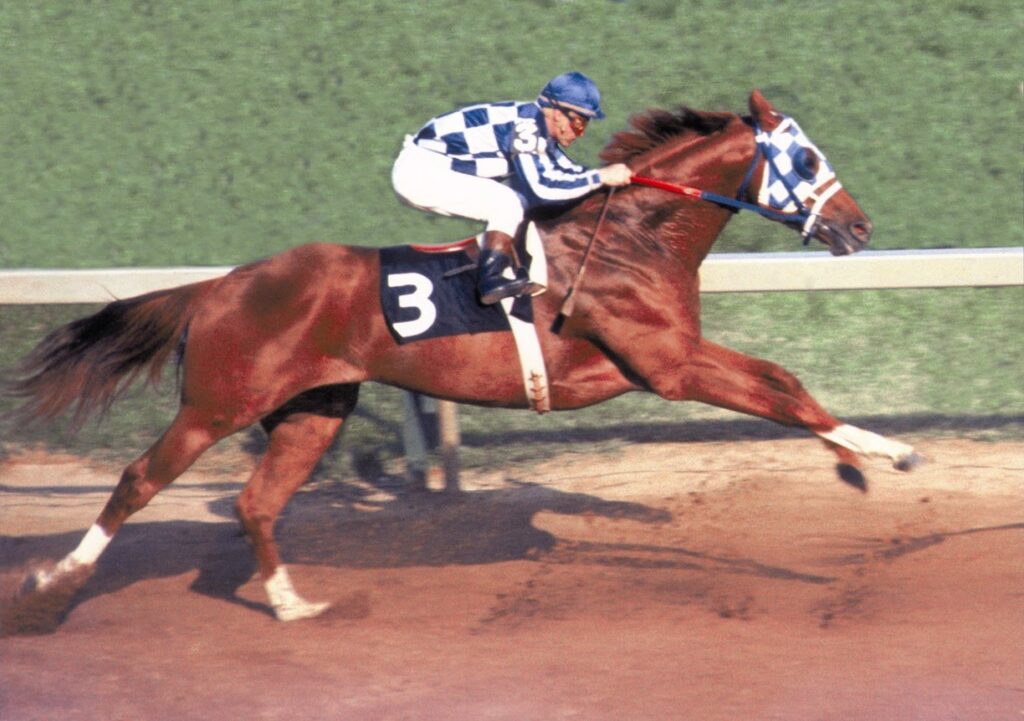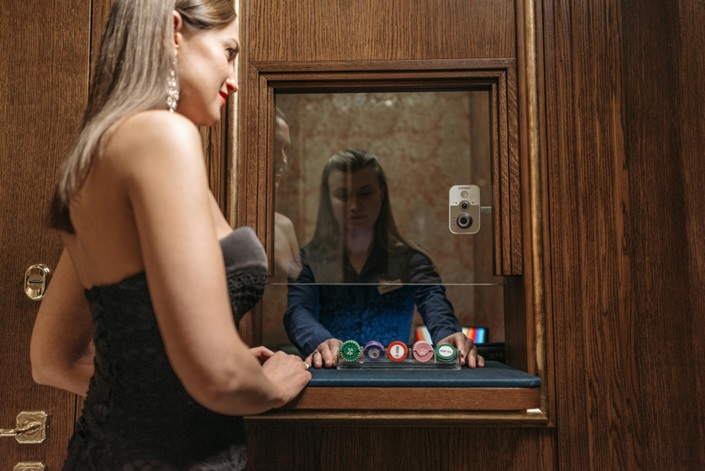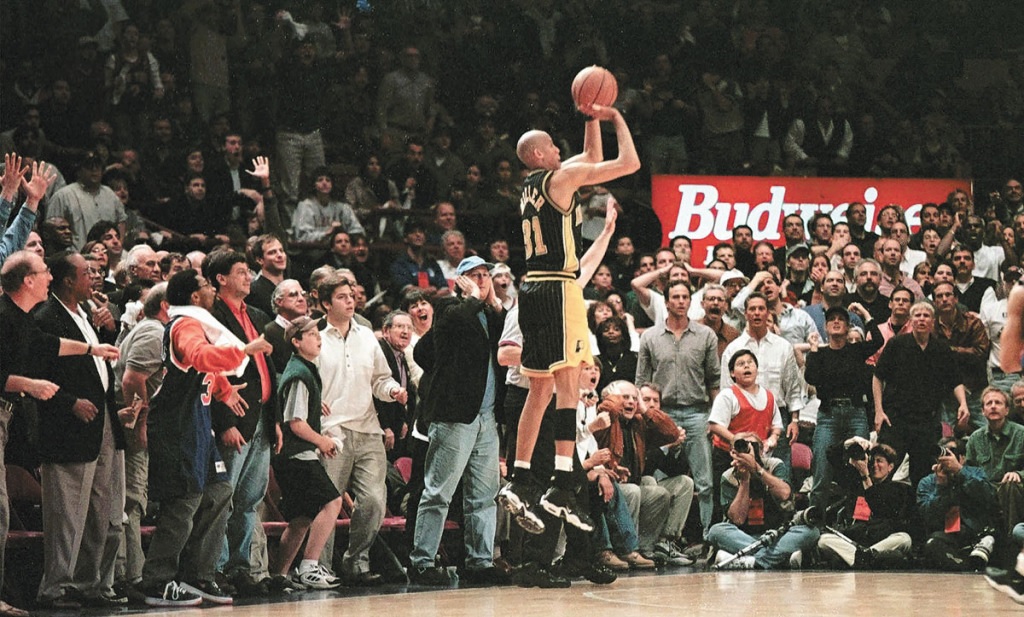The Top 10 Triple Crown Winners in Horse Racing History
The Triple Crown of Thoroughbred Racing is one of the most prestigious and difficult accomplishments in all of sports. To win the Kentucky Derby, Preakness Stakes, and Belmont Stakes in a single season requires not only immense talent but also endurance, versatility, and the ability to recover quickly between races. Only 13 horses have ever accomplished this feat in over a century of racing. Here’s a ranking of the top 10 Triple Crown winners in horse racing history, considering the dominance of their campaigns, the competition they faced, and their place in the sport’s legacy.

1. Secretariat (1973)
Trainer: Lucien Laurin
Jockey: Ron Turcotte
No Triple Crown list is complete without Secretariat at the top. Widely regarded as the greatest racehorse of all time, “Big Red” captured the imagination of the nation during his 1973 campaign. After losing the Wood Memorial, he rebounded with an electrifying Kentucky Derby win in which he ran each quarter-mile faster than the previous one—a feat never seen before or since.
He followed that with a record-setting Preakness victory and then delivered the most iconic performance in racing history at the Belmont Stakes, winning by a staggering 31 lengths and setting a still-standing world record for 1½ miles (2:24). Secretariat wasn’t just a Triple Crown winner—he was a supernova.
2. Citation (1948)
Trainer: Ben A. Jones
Jockey: Eddie Arcaro
Citation was the first horse to earn over $1 million in his career and might be the greatest horse not named Secretariat. He won 19 of 20 starts as a 3-year-old in 1948, including an effortless sweep of the Triple Crown. He could beat sprinters, milers, and distance horses with ease.
He returned from a year-long layoff due to injury and still managed to win after the Triple Crown, showcasing his remarkable durability and consistency. Citation’s ability to win over various distances and against older horses adds to his legend.
3. Seattle Slew (1977)
Trainer: Billy Turner
Jockey: Jean Cruguet
Seattle Slew made history as the only horse to win the Triple Crown while undefeated. From modest beginnings and purchased for just $17,500, Slew had a powerful, almost mechanical stride and could dominate from the front.
His wire-to-wire win in the Kentucky Derby demonstrated both strength and courage. He handled slop in the Preakness and showed grit in the Belmont. After an injury-plagued 4-year-old season, he returned and beat 1978 Triple Crown winner Affirmed in the Marlboro Cup, cementing his legacy.
Read the rest of this entry →



